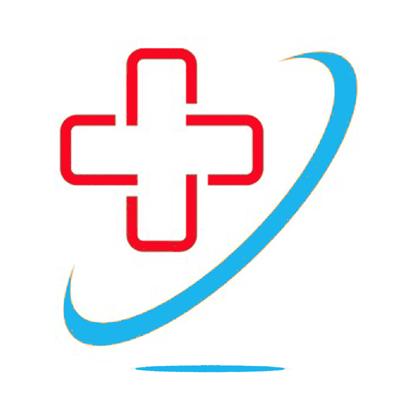
Research underpins all we do
Our team has over 40 years experience in medical and systems research
Clinical Research
SortED tablet's knowledge base comes from evidence-based medicine. Its checklist approach needs these lists to have clarity and lack of ambiguity. The selection of which items to include on individual lists and how to 'route' nurses to the best lists for each patient was a major challenge which needed to be overcome. Balancing the use of the nurses own clinical experience and judgement versus supplying the benefit of clinically sound prompts has also been important. We have worked out how to maximise the use of one-click data entry, whilst capturing all the important clinical information from the patient's observations, tests and presentation, producing a comprehensive automated report. We have studied published evidence on the neurophysiology of stress and on how to safeguard performance under stressful conditions.
Systems Research
Systems in EDs are in a state of flux with the introduction of Emergency Nurse Practitioners (ENPs). RAT (Rapid Assessment & Treatment) performed by doctors has proven advantages, but is not widely available for many patients. Analysis of typical ED practices allowed us to identify fifteen potential intervention points: several amounting to a nurse-led 'pitstop' approach to initial patient assessment; others making better use of ancillary services. Queuing Theory (how systems with random arrival behave) has given a significant benefit for SortED Control Panel - the ability to predict when EDs are about to become dangerously overcrowded and out of control. Unlike existing ED dashboards, SortED has this key extra feature, allowing ED managers to take remedial action before chaos hits their departments.
Use Analysis
We are applying data-driven software development. SortED contains comprehensive, onboard analytical tools. When used without error trapping; analysis of where errors occur in the nurses' use of the system and the error rates tell us an enormous amount about which panels are highly intuitive to use. Error 'heat maps' show where on-screen instructions need improvement, and highlight which app elements need adaptation. Such analysis enables us to make software which needs very little training and which is easy to use when nurses are stressed and/or distracted. Of course we also seek nurses' opinions, but data tell us much more than mere opinion can ever do. Prototypes are pivotal for our development model where hands-on use of prototypes and clinical trial of key components at an early stage has many benefits.
Clinical Trials
Our first trials in 2016 compared nurses using SortED tablets (after a 20min training video and circa 1 hour practice session using vignettes) with nurses using their Trust's current triage software. The SortED nurses were asked to record the patients' findings and observations then to select approporiate initial investigations and treatments from the lists presented. They were asked to approve or amend the proffered acuity level based on their clinical experience. The intervals after the start of triage at which SortED and control nurses (or clinicians seeing the patient after triage) ordered investigations and treatments were compared. SortED made substantial and signficant time savings. Treatments and Investigations were also highly appropriate (assessed by a consultant panel). Acuity was closer to consultants' reviewer values. The PlacED component is also undergoing testing.


